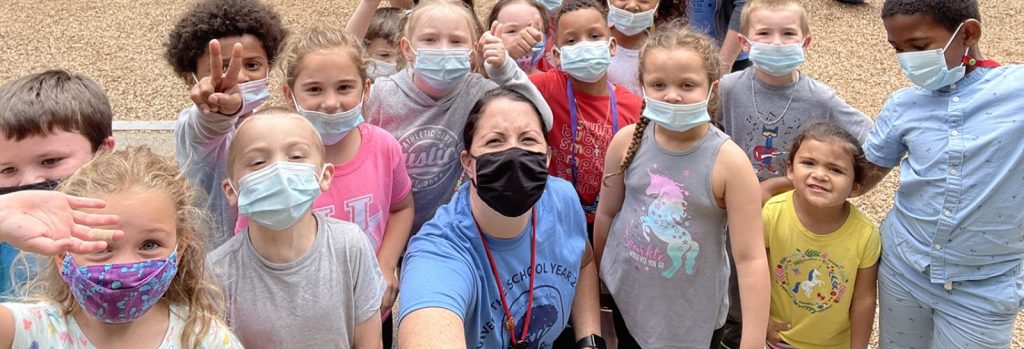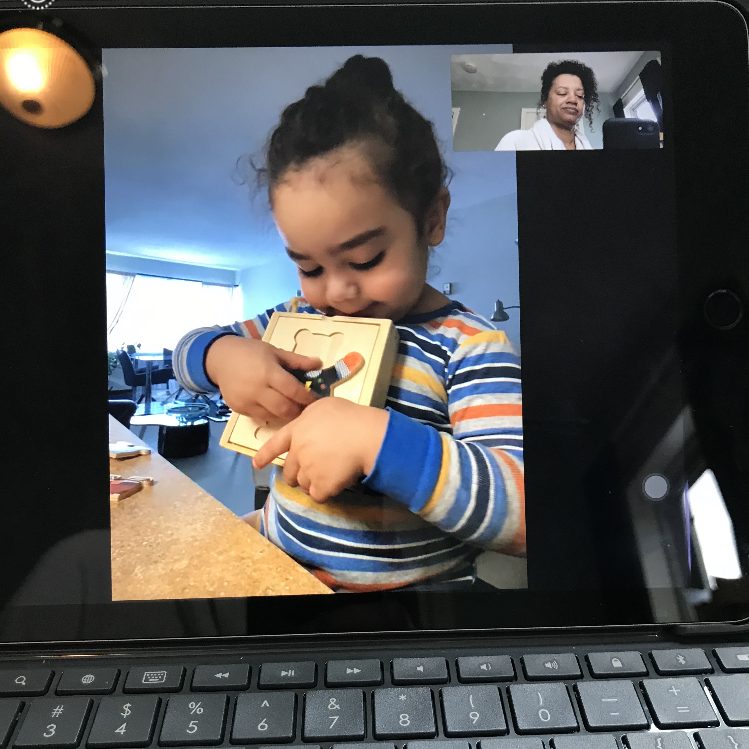
Early Learning at Salem Public Schools
Explore your options for preschool, pre-kindergarten and kindergarten
For more information on Salem Public Schools’ Early Childhood Education programs, contact the Parent Information Center via e-mail or by telephone at (978) 740-1225.
WATCH: 2024 Early Childhood Expo Virtual Town Hall Videos:
If you have a question that wasn’t answered at our expo, please reach out to our Parent Information Center who can provide you with information and answer questions you have about the process for enrollment! (978-740-1225 or pic@salemk12org)



Pre-K and Kindergarten Registration Information is Here
Schools with Kindergarten Programs
Schools with Pre-Kindergarten Programs



More Early Learning Program Information



Getting Ready for Kindergarten

You are your child’s first and most important teacher. Every day, your child is learning from you as you talk, work, and play together. Being involved in your child’s school will help your child to be successful and develop a love for learning as well as the confidence to try new experiences.
Children who live in the district and who reach their fifth birthday on or before August 31st are eligible for kindergarten in September.
To enroll your child in the Salem Public Schools you will need these documents:
- Birth certificate
- Immunization records
- Record of a physical within the last year, including lead test and vision screening with stereopsis.
- Two Proof of Residency documents
- Examples: Lease, mortgage statement, tax, electric, telephone, and/or cable bill. (The bills must be in the name of the person enrolling the student with the street address where the child is residing.)
- Proof of parent/guardian’s identity
- Please include a copy of IEP or 504 Plan, if applicable.
How to Help Your Child Get Ready for Kindergarten
Talk
Children need to hear and use language before they can read and write it. Talk to your child as you go about your daily routine.
If you are bilingual and/or speak a language other than English at home, continue to talk to your student in that language!
Students who develop a vocabulary in two languages show advanced problem-solving skills.
Listen
Listen and show interest in what your child has to say.
Show your child how to listen to others and practice taking turns speaking.

You Can:
Introduce new and interesting words.
Talk about familiar things so that your child can form ideas and understandings about the world.
Use play equipment such as blocks, cars, balls, boxes, sand, water, and musical toys to describe shapes, colors, movement, direction, position, numbers, sounds, etc.
Read stories to your child and ask questions about the story.
Kindergarten Ready!
Build Skills With Your Child
Children should have practice with self-care, including washing hands, using the bathroom, zipping, snapping, buttoning, putting on clothes, and tying shoes.
Establish Routines
Keep bedtime consistent. Set aside a time each evening for your child to get ready for the next school day. Children love to know what to expect, and even small routines such as picking out their clothes for the next day or packing their backpacks can help them feel more prepared.
Sign Up for a Virtual School Tour
See the school and playground to help familiarize your child with new surroundings. Emphasize the fun your child will have while attending kindergarten!
Communication
Once your child starts kindergarten, the teacher will send home information about classroom expectations, schedules, and special events. Most notices will come home in your child’s backpack, so be sure to check it each evening.
Please take advantage of the school’s parent-teacher conferences to learn how your student is progressing. This is a wonderful opportunity to visit the classroom, see examples of your child’s work and talk to your child’s teachers.
Parent Participation in School
During the year, you will receive notices from the Parent-Teacher Organization. The PTO helps out with a variety of special events and fundraisers throughout the year. Parent participation is always welcome. Joining this group will help you get to know other parents. Each school also has a parent group to advise the leadership team. Get involved!
Family Engagement Facilitators
Each of our schools has a Bilingual Family Engagement Facilitator who assists in the development of strong partnerships and two-way communication between teachers and families.
What will my Child Learn in Kindergarten?
Social/Emotional Learning
Children learn to understand and manage emotions, feel empathy for others, set and achieve goals, establish positive relationships with others, and make good decisions.
Through work and play experiences, teachers gently guide children to become responsible friends and classroom citizens. It’s one of the most important parts of the kindergarten experience.
Reading, Writing, Listening, Speaking, Language
Students listen to and talk about stories. They ask and answer questions about books, giving details from the story. As they are ready, they say, read, and write words and simple sentences. They learn nursery rhymes, poetry, and songs.
Mathematics
The main work of the kindergarten year is counting. Students recognize, write, and compare numbers to 10, which leads to beginning addition and subtraction. They make simple measurements of length, weight, and capacity, and they identify shapes by their attributes.
Social Studies
Children learn about their school, community, and families, as well as their responsibilities to themselves and others. Through books and multimedia, they learn about different times and places, recognizing that people in every age and location share similar needs and hopes.
Science
Kindergartners use hands-on activities and literature to learn about solids and liquids, motion and stability (pushes and pulls), weather, life cycles of plants and animals, and the effect of sunlight on Earth.
Art
Children identify the primary colors and describe how primary colors can be mixed to make secondary colors. They use basic principles of design such as texture, color, and line to create two-dimensional and three-dimensional works of art.
Music
Children learn beginning music concepts through ABC and counting songs, nursery rhymes, and songs that tell a story. They use their bodies, voices, and instruments to echo and perform rhythm patterns, demonstrating soft and loud sounds. Dance and movement accompany many music activities throughout the year.
Physical Education & Health
The year begins with creating a safe environment for physical activity. Children practice movement concepts and skills with equipment such as jump ropes, hula hoops, parachutes, scooters, and balls. They also learn about dance, gymnastics, physical fitness and health, and cooperative games and challenges.
